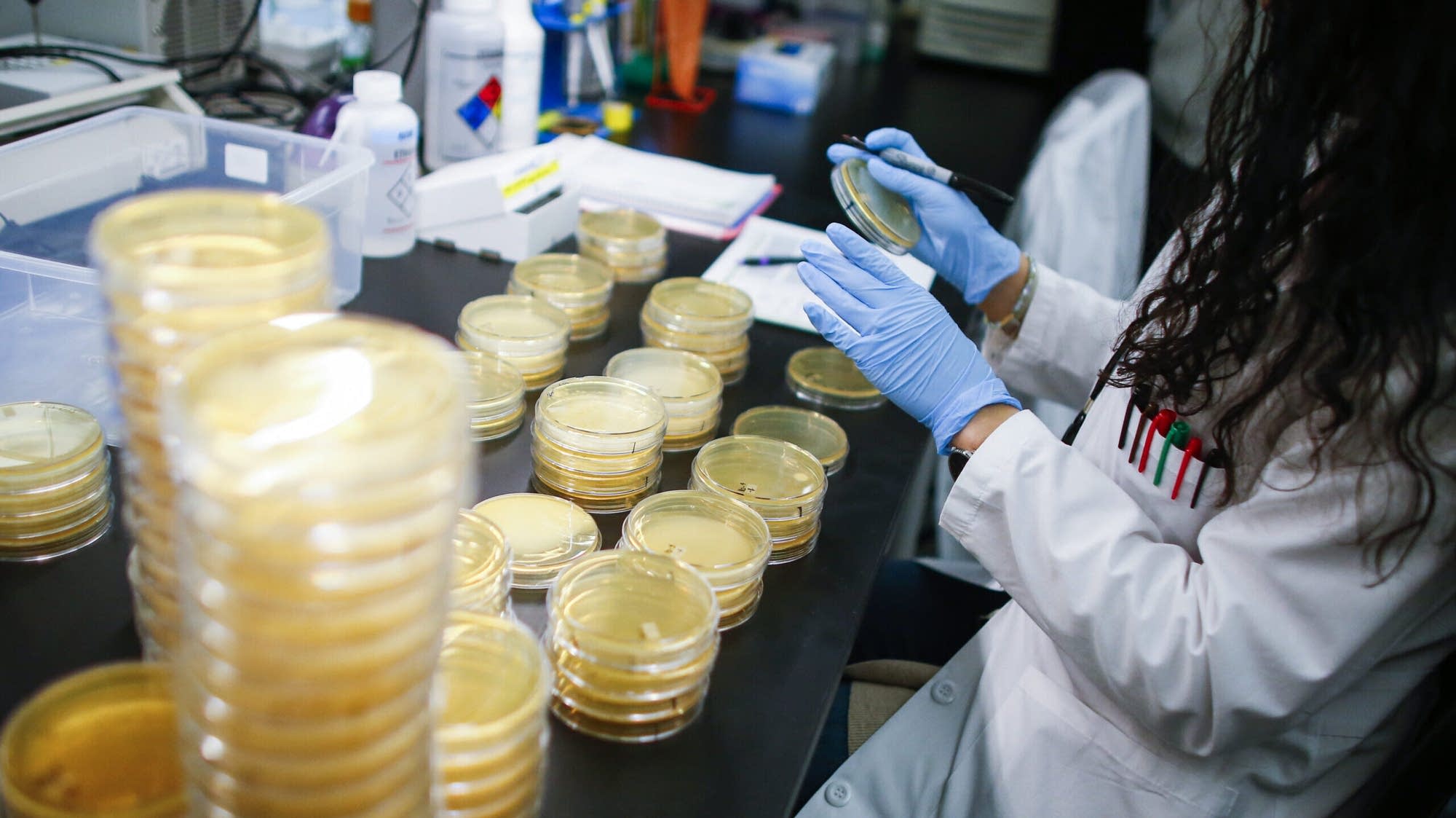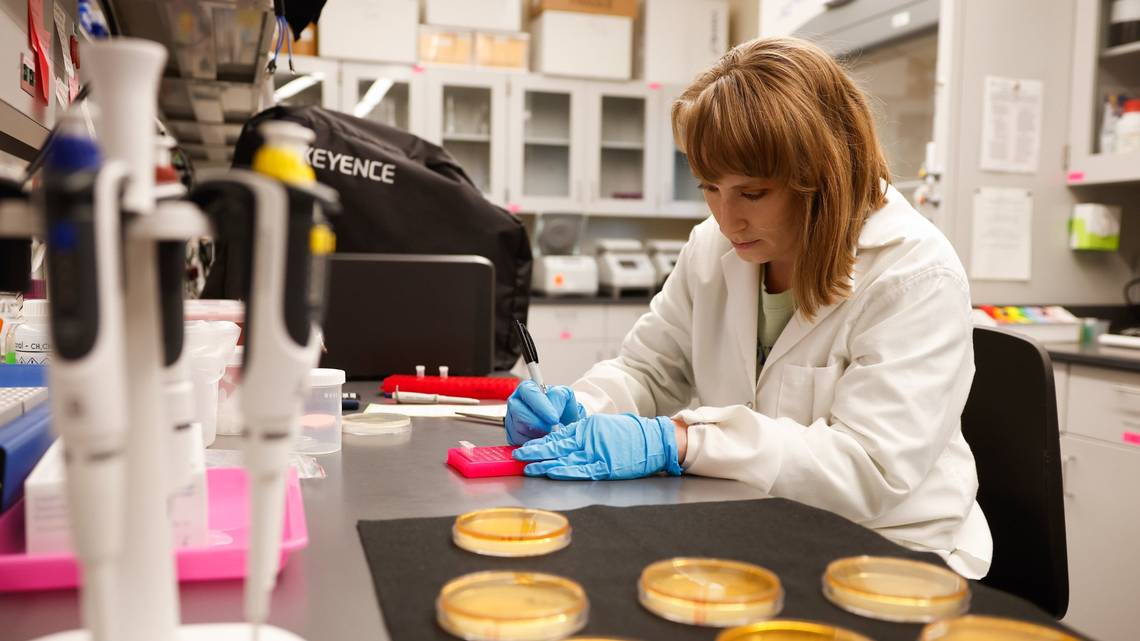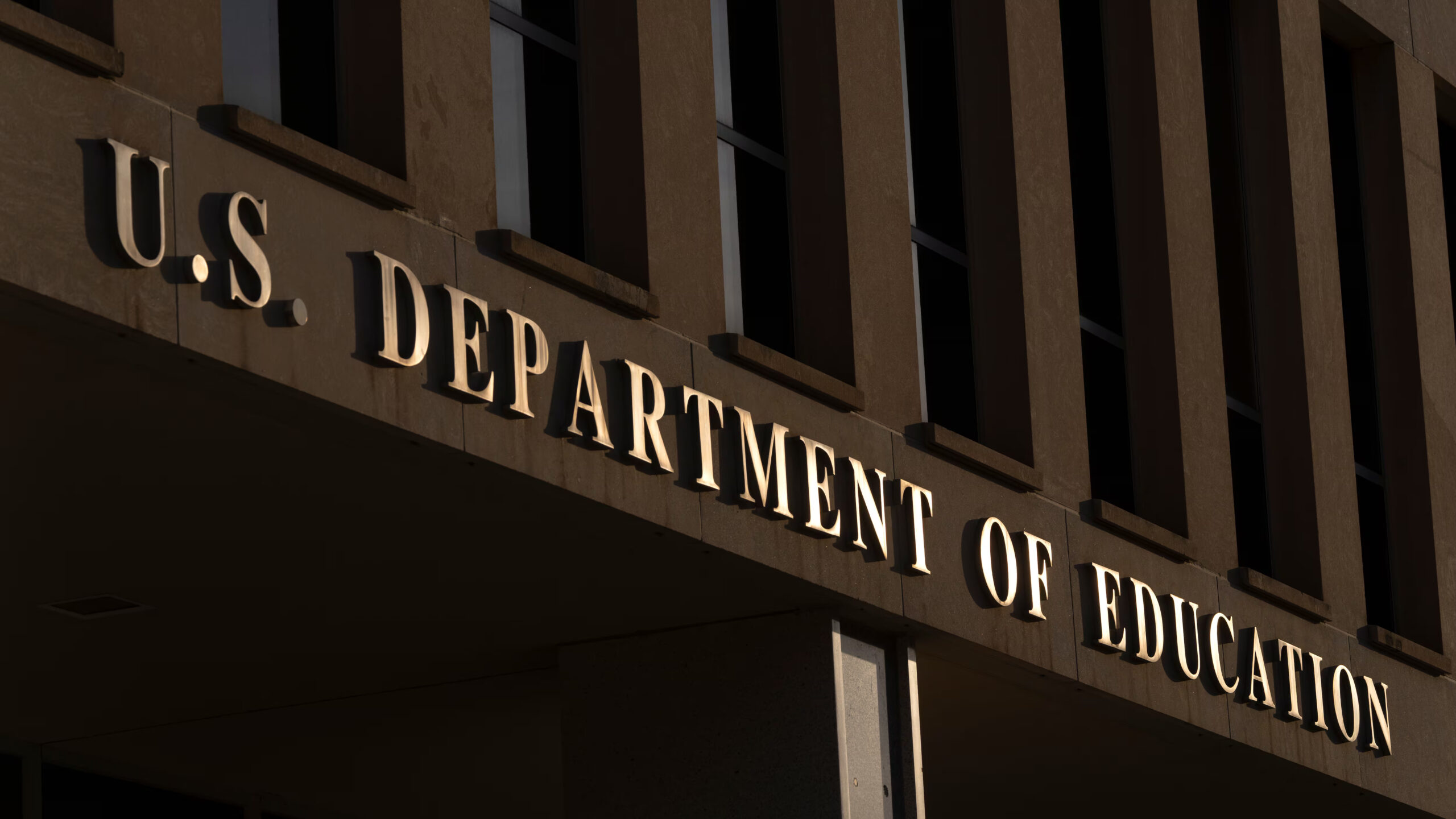Scientists working at the U.S. National Institutes of Health (NIH) say they’ve been blocked from attending scientific conferences, even when using their personal time and money.
The informal policy, passed down verbally by managers at several NIH institutes, has left many frustrated and concerned about its impact on research and collaboration.
According to three current and former NIH scientists who spoke with Reuters, the rule applies across the board—whether conferences are local, virtual, free, or even held on weekends.
One scientist, still working at NIH, said they were explicitly told not to attend, even if they didn’t use their NIH title or affiliation.
“We may not attend a conference even if we pay our own way and use personal leave. Even if we don’t use our NIH affiliation,” they said. “What one does on their own time is not anyone else’s business.”
While virtual attendance is technically allowed, many conferences still prioritize or require in-person presence—especially when sharing new, unpublished findings.
Related Articles
Neither the NIH nor the U.S. Department of Health and Human Services provided comment when asked.

READ ALSO: Florida Man Pleads Guilty to Shooting, Killing Father And injuring Mother Over Video Game Dispute
This quiet ban seems to follow a broader Trump-era policy from February 2020, which temporarily froze NIH staff travel and communication with external groups.
Though that guidance was never officially extended, some NIH scientists say they’ve been told the restrictions are still in place.
Experts warn this could have serious long-term effects. Conferences are critical for discussing emerging science, evaluating ongoing federally funded research, and planning future studies.
Dr. Josh Fessel, former director at NIH’s Translational Medicine office, recently attended a rare disease conference where NIH researchers were notably absent.
“Conferences are where you hear and present cutting-edge science,” Fessel said. “Their absence was a real blow to the morale of patients, families, and other researchers.”















